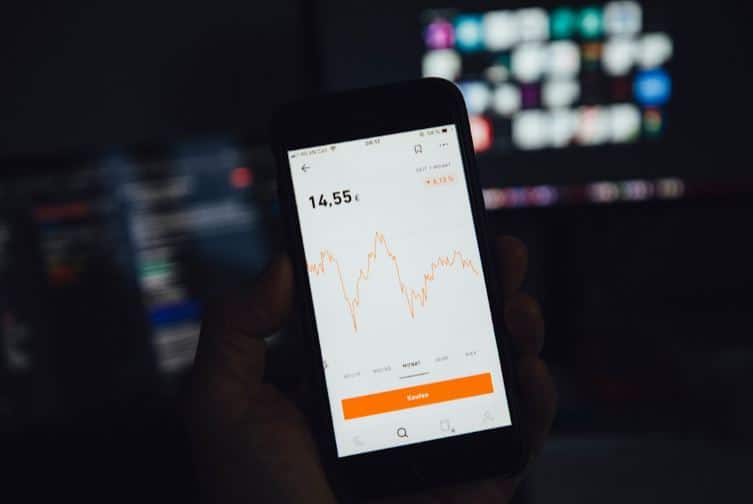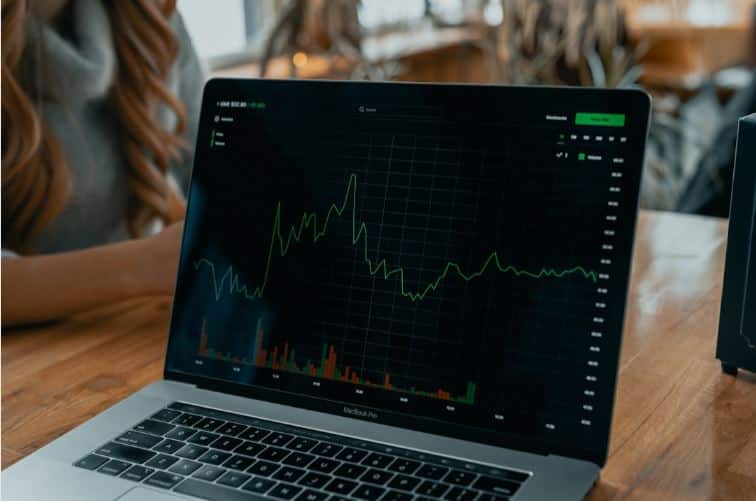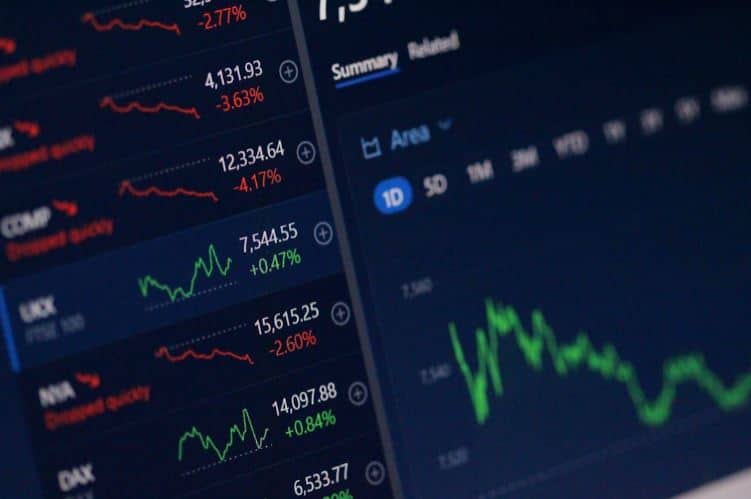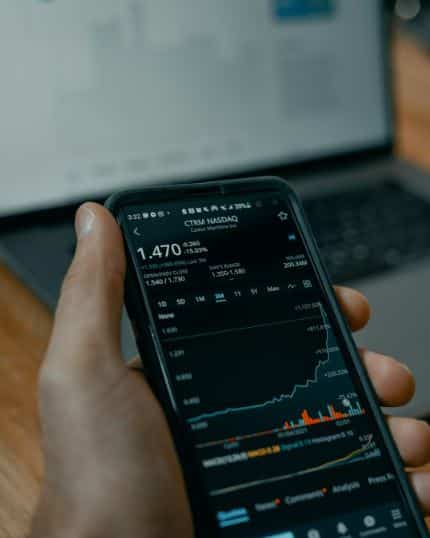Stock Trading Ai
Stock trading has been revolutionized by the emergence of Artificial Intelligence (AI). AI can analyze massive amounts of data in real time, enabling traders to make more informed decisions and execute trades faster than ever before. In this blog post, we will examine the impact of AI on stock trading and its transformation of the financial markets landscape.
Benefits of Stock Trading AI
There are several key benefits to using AI in stock trading –
- Data Analysis – AI can process and analyze vast amounts of data in real-time, providing traders with a more comprehensive view of market trends and opportunities.
- Speed – AI can execute trades at lightning speed, capitalizing on market fluctuations and opportunities that human traders may overlook.
- Accuracy – AI eliminates the potential for human error in trading, making more precise and strategic trades.
- 24/7 Availability – AI can operate continuously, monitoring the markets and executing trades even when human traders are asleep.
With these benefits, AI is becoming an essential tool for traders looking to gain a competitive edge in the stock market.
Types of Stock Trading AI
Several types of AI systems are commonly used in stock trading –
- Machine Learning – Machine learning algorithms analyze historical data to identify patterns and predict future market movements.
- Deep Learning – Deep learning models use neural networks to process complex data and make more accurate predictions.
- Natural Language Processing – NLP algorithms analyze news, social media, and other sources of information to gauge market sentiment and make informed trading decisions.
- Quantitative Analysis – AI algorithms analyze quantitative data such as financial statements and market indicators to identify investment opportunities.
By leveraging these AI technologies, traders can make more informed decisions and improve their trading strategies.

Challenges of Stock Trading AI
While AI offers many benefits to stock traders, some challenges must be considered –
- Overreliance – Traders may become too dependent on AI systems, leading to potential losses if the technology fails or makes incorrect predictions.
- Data Privacy – AI systems rely on vast amounts of data, raising concerns about privacy and security breaches.
- Regulatory Compliance – Traders using AI systems must adhere to regulatory requirements and ensure that their algorithms comply with legal standards.
- Market Volatility – AI systems may struggle to adapt to sudden market fluctuations and unpredictable events, which can potentially lead to significant losses.
Despite these challenges, the benefits of AI in stock trading outweigh the risks, making it a valuable tool for traders in today’s fast-paced financial markets.
Future Trends in Stock Trading AI
The future of stock trading AI is promising, with several trends emerging in the industry –
- Interoperability – AI systems will become more interconnected, enabling seamless integration and collaboration between different trading platforms.
- Explainable AI – Traders will demand greater transparency and a deeper understanding of AI algorithms, leading to the development of explainable AI models.
- Robo Advisors – AI-powered robo advisors are expected to become increasingly popular, offering automated investment advice and portfolio management services to individual investors.
- Quantum Computing – The emergence of quantum computing will enable AI systems to process even larger amounts of data and make more accurate predictions.
As these trends continue to evolve, AI will play an increasingly important role in stock trading, reshaping the way traders analyze, execute, and manage their investments.

Stock trading AI is revolutionizing the financial markets, enabling traders to make more informed decisions and execute trades more efficiently than ever before. With the benefits of data analysis, speed, accuracy, and 24/7 availability, AI is becoming an essential tool for traders looking to gain a competitive edge.
While there are challenges to overcome, including overreliance on data privacy, regulatory compliance, and market volatility, the future of stock trading AI is promising, with trends such as interoperability, explainable AI, robo advisors, and quantum computing shaping the industry.
As AI continues to evolve, it will play a crucial role in helping traders navigate the complexities of the stock market and achieve greater success in their investment strategies.
RELATED TOPICS ABOUT Stock Trading Ai:
Ai for Stock Trading,
Artificial Intelligence in Stock Trading,
Stock Market Ai Tools,
Best Ai for Stock Trading,
Ai-powered Stock Trading Platforms,
Ai Stock Prediction Software,
Automated Ai Stock Trading,
Machine Learning in Stock Trading,
Ai Trading Algorithms,
Ai Stock Trading Bot,
Ai Stock Forecast Tools,
Ai-based Stock Analysis,
Deep Learning for Stock Trading,
Predictive Analytics in Trading,
Neural Networks for Trading,
Real-time Ai Stock Trading,
Ai Algorithmic Trading System,
Ai Trend Prediction Tools,
Ai Sentiment Analysis for Stocks,
Data-driven Ai Trading Tools,
Ai Trading App,
Best Ai Stock Trading Software,
Ai Tools for Retail Investors,
Ai Tools for Day Trading,
Stock Ai for Swing Trading,
Ai Investing Platforms,
Top Ai Trading Bots,
Open-source Ai Stock Trading Tools,
How Does Ai Work in Stock Trading?,
Can Ai Predict Stock Prices?,
Is Ai Stock Trading Profitable?,
What is the Best Ai for Stock Trading?,
How to Use Ai for Stock Investing?
==========
Content 10/10/G





